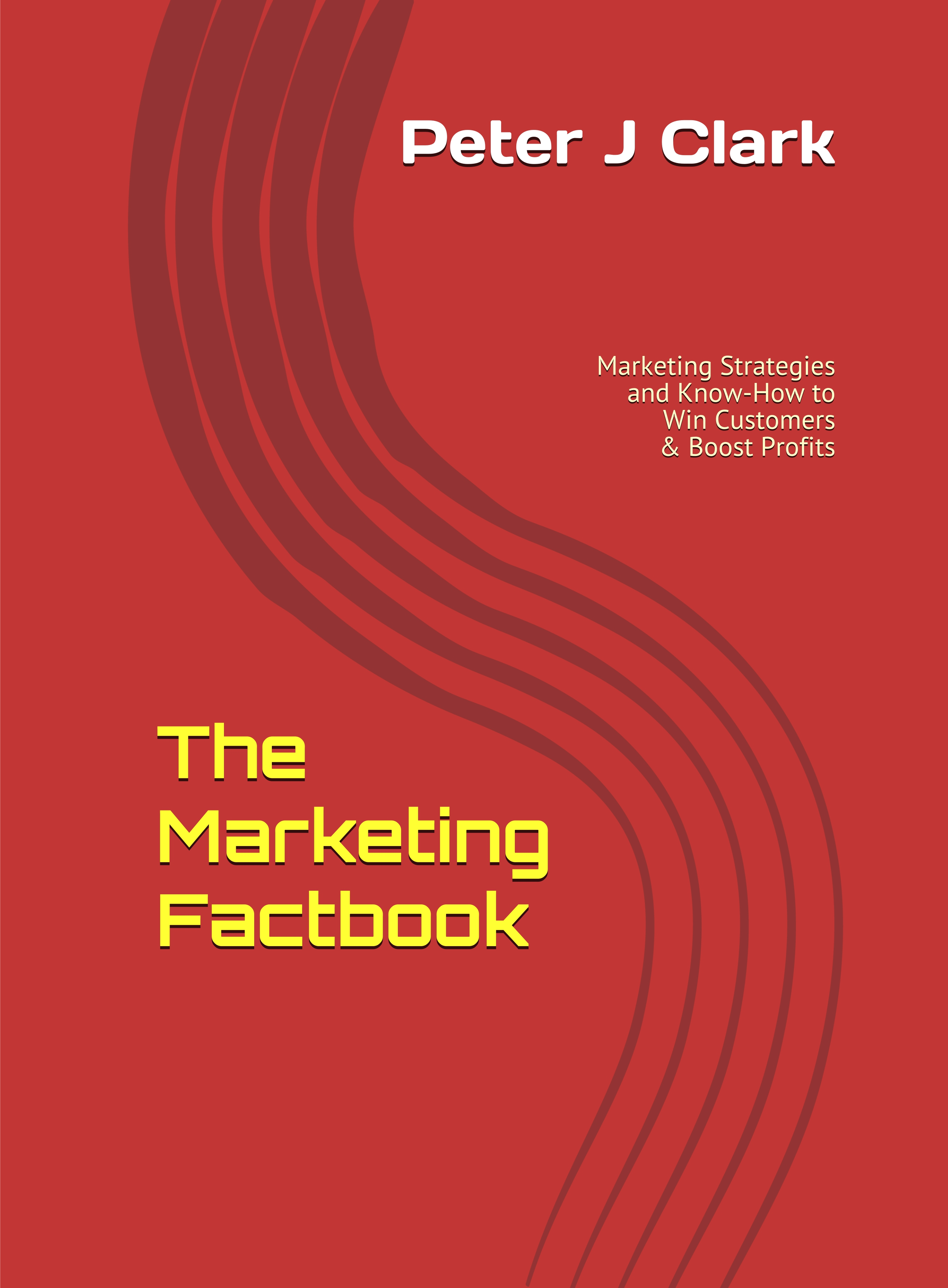Top reasons for loyalty scheme recommenders
Consumers are most likely to recommend those loyalty and reward programmes that offer the most in terms of everyday value, according to the latest 'Recommendation Index' study from Zocalo Group and MARC Research, which examined what consumers seek in the brands they choose, and what influences their purchasing decisions.
Each year, billions of dollars are spent by marketers to establish and manage reward programmes. Despite the fact that finance and travel programmes have the highest membership of any reward programmes, the most positively recommended programmes by consumers are those in the retail space.
According to the study, the most recommended reward programme in the US is Rite Aid, followed by Borders and Chase.
While the average U.S. household has more than 14 reward or loyalty memberships, the study suggests that consumers tend to recommend reward programmes based on their most recent experience earning or redeeming rewards. Accordingly, consumers are most likely to speak positively about those programmes that reward "everyday" purchases and provide some form of instant gratification.
Paul Rand, president and CEO for Zocalo Group, said: "Marketers spend so much in the loyalty arena that gaining insight into what really makes a programme highly recommended can be a big advantage. Consumers are very clear about what they value and recommend."
Unlike metrics that simply ask if the customer would recommend a brand, the Recommendation Index determines why, where and how often people recommend individual brands, and derives from that data a score that can be used to show how each brand compares to the overall category as well as its competitors. The index also provides insight into the positive and negative keywords and/or phrases used to trigger recommendations as well as the drivers of word of mouth.
Perhaps not surprisingly, words associated with the most favourable aspects of reward programmes - "actual rewards", "ash back", "free" and "discounts" - led to positive recommendations. With retail often being attributed to "everyday" rewards, it makes sense that these words are used more often.
Conversely, primary drivers of negative word of mouth and recommendation point to "problems with redemption," "lack of benefits" and "expiring points" - all of which led to negative recommendations. These relate specifically back to the difficulty that consumers have in making use of the rewards they've spent time accruing.
The average Recommendation Index for the reward programme category is 13.78 and offers a means for gauging the level of recommendation against the overall industry. The top ten US loyalty programmes were:
- Rite Aid: 24.61
- Borders: 17.26
- Chase: 16.38
- CVS: 15.44
- Staples: 12.36
- Delta: 11.04
- Visa: 11.03
- Southwest: 11.01
- Citi: 9.39
- Kroger: 9.31
While finance and travel reward programmes lead in terms of membership and overall recommendation volume, retail brands have significantly lower overall volume and higher Index scores (in other words, they have a higher volume of positive recommendations than either finance or travel). This suggests consumers are finding greater value in and willing to speak more favourably about those programmes that provide everyday value.
However, this does not discount the excitement that consumers generate around brands within the travel and finance sectors. Because programmes in these areas offer larger, one-time, harder-to-achieve rewards, consumers simply recommend them on a less consistent basis.
"What this tells marketers of reward programmes is that it becomes essential to find ways to actively build more everyday reward programmes," concluded Rand.
Merrill Dubrow, president and CEO for MARC Research, added, "The Recommendation Index shows that there exists a tremendous opportunity to get people talking and recommending with greater frequency. Specifically in the retail category, conversation is overwhelmingly positive, so you can assume the increase in recommendations could potentially lead directly to an increase in sales for a brand."
Sources: Zocalo Group; MARC Research / The Marketing Factbook.
Copyright © 2011 - 2025 The Marketing Factbook.
Categorised as:
- Customer Experience
- Customer Loyalty
- Knowing The Customer
- Marketing Know-How
